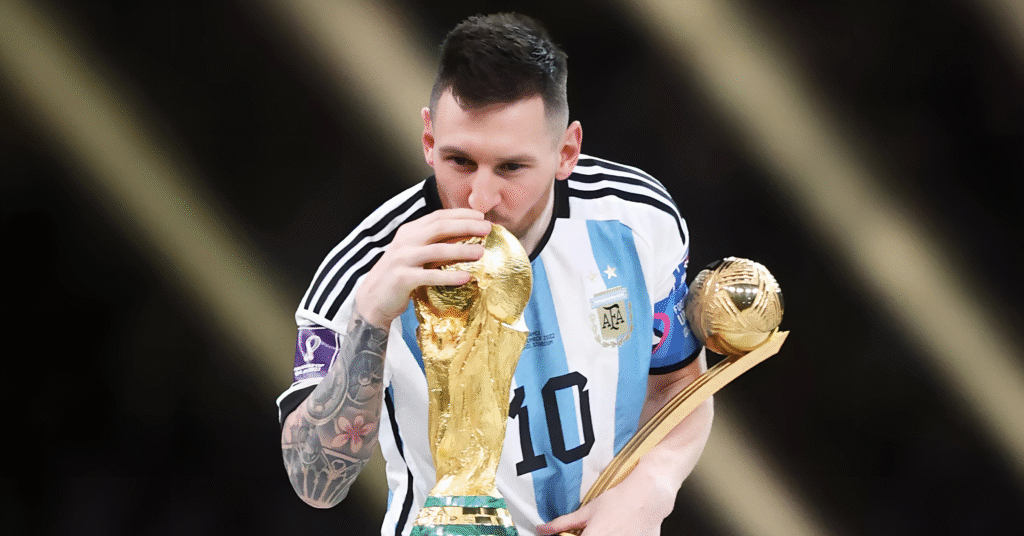
Imagine if Lionel Messi never became a footballer. Sounds absurd, right? But it almost happened. The greatest player of all time nearly missed his destiny—not because of a lack of talent, but because his body stopped growing.
This is the true story of how a boy from Rosario, Argentina, beat a rare medical condition, rejection, and every odd to become the greatest footballer in history.
A Kid Like No Other
In the dusty fields of Rosario, a young Messi stood out for one reason: he was unstoppable on the ball. Despite being smaller than everyone else, he regularly embarrassed kids twice his size.
But there was a problem—he wasn’t growing. While his teammates shot up in height, Messi stayed tiny. At first, his family thought he was just a late bloomer. But at age 11, doctors diagnosed him with Growth Hormone Deficiency, a rare condition where the body doesn’t produce enough of the hormone needed for physical development.
The Price of a Dream
Treating the condition meant daily hormone injections—and a massive price tag. Around $1,000 per month. For Messi’s modest family, that was nearly impossible to afford. But skipping treatment meant risking not just his football dreams, but his health and future altogether.
They needed help. And fast.
Rejected by River Plate
Despite his talent, Messi’s medical condition scared off potential clubs. Argentina’s giant, River Plate, showed interest but backed out when they learned about the treatment costs. They couldn’t—or wouldn’t—take the financial risk.
Imagine that: they passed on the future GOAT over a medical bill.
The Napkin That Changed Everything
Just as things looked bleak, FC Barcelona entered the scene. They invited Messi for a trial at La Masia, their famous academy. What happened next is legendary: Messi wowed everyone. It took just minutes for coaches to realize they were watching something special.
And in a moment that would go down in football history, Barcelona signed him on the spot—on a napkin. That contract included one life-changing clause: the club would cover his medical treatment.
Adapting, Growing, Rising
At 13, Messi moved to Spain—leaving behind his family, his country, and everything familiar. He injected himself every night, trained relentlessly, and never complained.
He remained smaller than most of his peers. But instead of seeing it as a disadvantage, Messi used it to his advantage. His low center of gravity made him harder to knock off the ball. His short stride allowed him to accelerate and change direction quicker than anyone else. He turned what others saw as a weakness into a strength.
The Road to Greatness
By 17, he had broken into Barcelona’s first team. His first goal—assisted by Ronaldinho—was just the beginning.
What followed was one of the most decorated careers in sports history:
- 672 goals for Barcelona in 778 appearances
- 10 La Liga titles
- 4 Champions League trophies
- 8 Ballon d’Or awards
- Copa América winner in 2021
- And finally, World Cup champion in 2022
The World Cup Fairytale
For years, critics claimed Messi couldn’t be the GOAT without a World Cup. In 2014, he came agonizingly close. But in Qatar 2022, he delivered. In one of the most thrilling finals ever, Messi led Argentina to a dramatic win over France and completed his legacy.
From a boy who couldn’t grow, to the man who conquered the footballing world—Messi’s story had its perfect ending.
Legacy of a Legend
Messi’s journey is more than a sports story. It’s a reminder that greatness isn’t just about talent—it’s about resilience, sacrifice, and self-belief.
He turned a medical diagnosis into a source of motivation. He turned doubt into domination. And he proved that even the smallest among us can rise to unimaginable heights.



